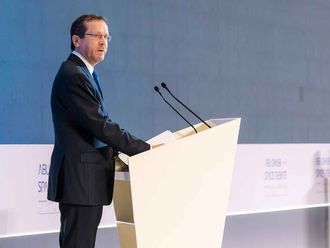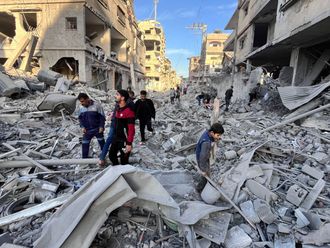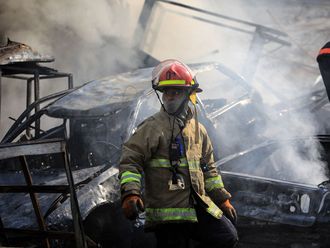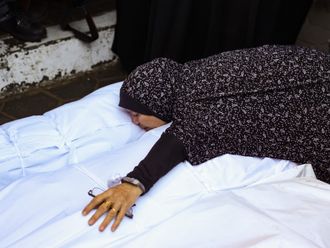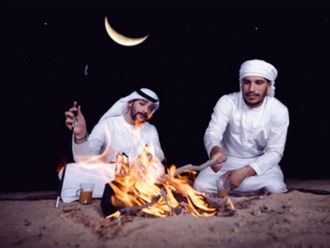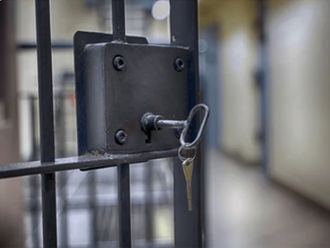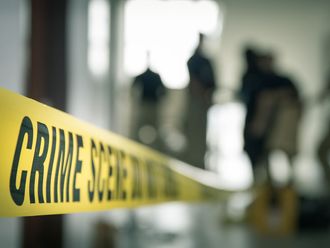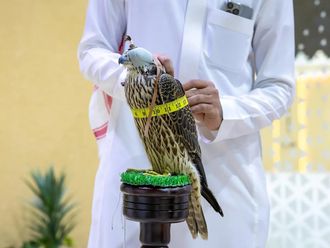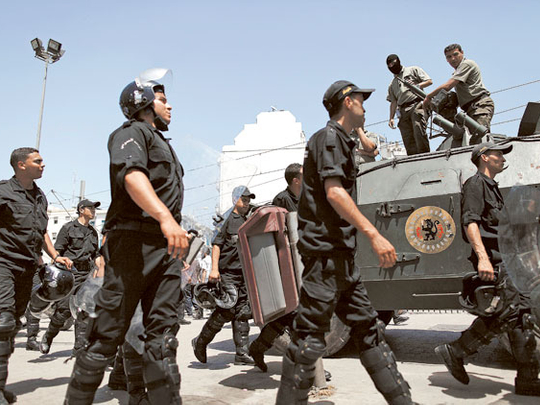
Tunis: Tunisian authorities lifted a curfew Friday that had been ordered after a wave of deadly violence and rioting involving Islamic fundamentalists and an art show they deemed blasphemous.
In an important test for Tunisia’s security forces in the wake of the worst unrest since the revolution that ousted longtime autocratic leader Zine Al Abidine Bin Ali in January last year, no major incidents were reported as of late Friday.
“Following the improved security situation and considering the citizens’ interests, the defence and interior ministries have decided to end the curfew,” an interior ministry statement said.
Authorities on Tuesday had imposed the curfew on the capital and several other parts of the country.
“The security situation is normal throughout the country, there is no reason for citizens to be afraid,” interior ministry spokesman Khaled Tarrouche told local radio.
One person was killed and more than 100 injured in the clashes earlier in the week, which also saw police stations and political offices torched, after fundamentalist Salafists took issue with art works at a Tunis exhibition they deemed offensive to Islam.
The art exhibition in a Tunis suburb featured a painting of a naked woman with bearded men standing behind her and a work spelling the world “Allah” with a file of ants.
Police reinforcements were deployed along Bourguiba Avenue, the main thoroughfare in central Tunis which has been traditionally used for mass demonstrations.
“We are all brothers, we are all Muslims,” said Religious Affairs Minister Nour Al Deen Khadmi, a former imam who gave a sermon at Al Fath mosque, often the starting point for demonstrations by Salafists.
He called for unity among the people of Tunisia and warned against “sedition”.
Authorities, however, banned one cleric Friday after he called during prayers at an ancient mosque for the killing of “blasphemous” artists.
The imam Houcine Laabidi “called for murder. It’s wreckless. He will not preach anymore at the Zitouna mosque”, said Ali Lafi, an advisor for the religious affairs ministry, adding it was the first time authorities had taken such a measure since the revolution.
Tunisian artists gathered Friday and said they would file a complaint against Culture Minister Mehdi Mabrouk, who they say inflamed the situation by calling the art exhibition blasphemous.
At the last minute on Thursday, the fundamentalist Ansar Al Sharia movement and Hizb Ettahrir, as well as the moderate Al Nahda party which dominates the government, called off rallies they had planned for Friday after the government refused to grant permits.
More confidence
Hardline Islamists have been growing more confident since the popular revolt that toppled Ben Ali, the first of the Arab Spring uprisings that ousted several other autocratic leaders.
With the moderate Islamists of Al Nahda gaining the upper hand in Tunisia, the Salafists have been pushing for sharia to be recognised as the main source of law in the currently secular country.
As well as the attack on the “blasphemous” art, Salafists have in recent months also staged attacks on bars or shops selling alcohol.
Al Qaida’s chief Ayman Al Zawahiri had urged Tunisians in a weekend message to rise up to demand the rule of Islamic law, and lambasted Al Nahda for “violating” Sharia.
But Al Nahda leader Rached Gannouchi denied that Al Zawahiri’s rallying cry had triggered the violence, saying he had no influence in Tunisia.
While the situation remained calm in the centre of Tunis on Friday, tensions were high with residents wary of another outbreak of violence.
“We are afraid. We don’t know if the government is really controlling the situation,” trader Hedi Barrouche said.


